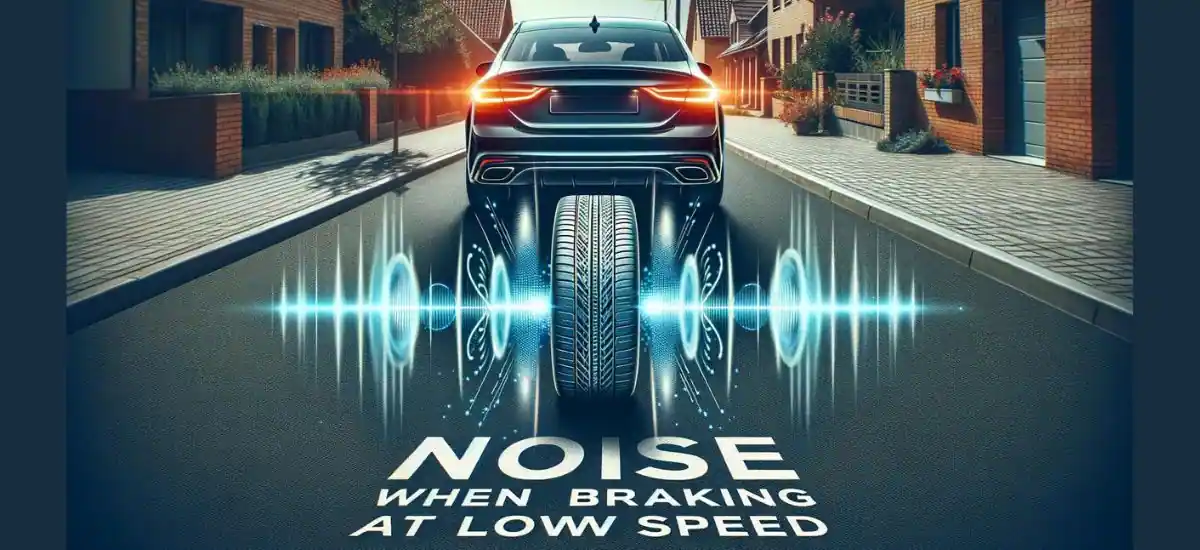When you’re driving and hear a sharp screeching sound, it means your brake pads are getting old and need to be changed soon. This sound is a warning, and if you don’t get new brake pads quickly, the noise could turn into a harsh grinding sound. In this article, we will learn about Noise When Braking At Low Speed.
Remember, it’s not just the brake pads; the brake shoes can also make noise when they wear out. So, it’s important to check everything and fix it in time to keep your car running smoothly and safely. Additionally, if you notice the Ford Engine Fault Service Now Light on your dashboard, it could be related to the braking system, and you should get it checked immediately.
What Are The Reasons Why Your Car Makes Noise When Braking At A Low Speed?
| Reason for Noise When Braking at Low Speed | Description | Status | Recommended Action | Urgency | Potential Consequences if Ignored |
| Worn Brake Pads | Brake pads wear down over time, leading to noise and potential further damage if not replaced. | ❌ Needs Attention | Replace brake pads | High | Further damage to brake calipers or rotors, decreased braking efficiency |
| Damaged or Worn Brake Rotors | Worn down or damaged brake rotors can cause grinding or rumbling noises, posing a serious risk if ignored. | ❌ Needs Attention | Inspect and possibly replace rotors | High | Reduced braking performance, potential for brake failure |
| Cheap or Low-Quality Brake Pads | Low-quality brake pads can lead to early wear and noise, even soon after installation. | ❌ Potential Issue | Consider upgrading to higher quality brake pads | Medium | Continued noise, potential for decreased braking performance |
| Dirt or Debris Stuck Between Rotor and Pad | Small particles can get lodged in the braking system, causing grinding noises during braking. | ❌ Needs Cleaning/Attention | Clean the affected area, remove debris | Medium | Potential damage to brake pads and rotors |
| Car Parked for Too Long | Extended periods of inactivity, especially in damp conditions, can lead to rust on brake rotors and noise when braking. | ⚠️ Potential Issue | Drive the car regularly, consider rust prevention measures | Low to Medium | Potential for rust to cause damage over time, leading to noise and required maintenance |
| Broken Shims | Damaged or missing brake pad shims can increase noise during braking. | ❌ Needs Attention | Replace or repair shims | Medium | Increased noise during braking, potential for vibration and decreased comfort |
1. Worn Brake Pads
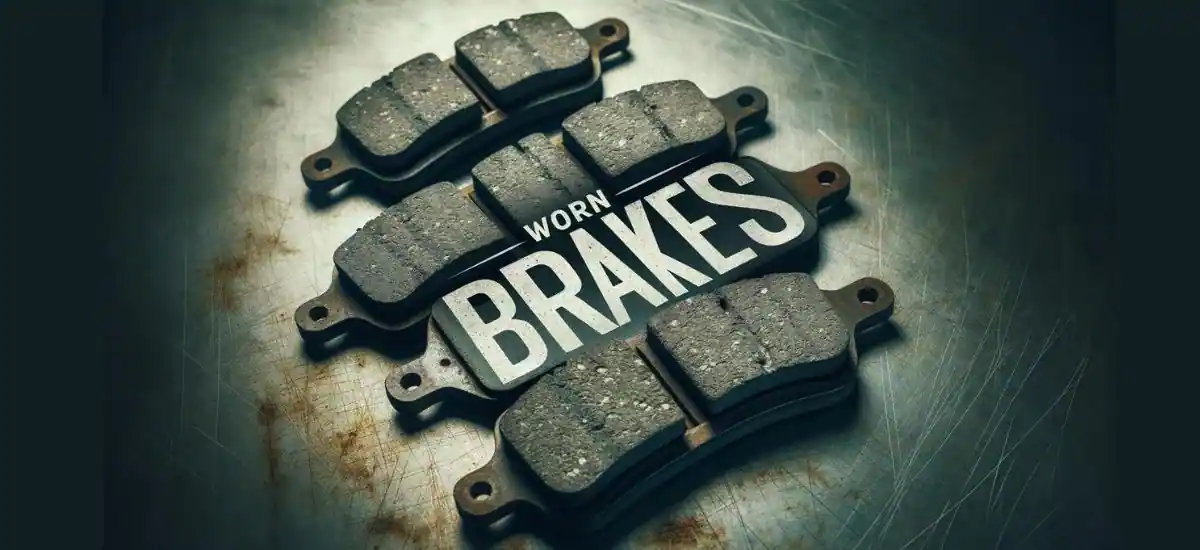
Brake pads naturally wear down over time, and when they do, they can start to make noise. This is one of the most common reasons for braking noises at low speeds.
The material of the brake pads wears down as they are applied, and if they are not replaced in time, it can lead to further damage, including damage to the brake calipers or warping of the brake rotors.
2. Damaged Or Worn Brake Rotors
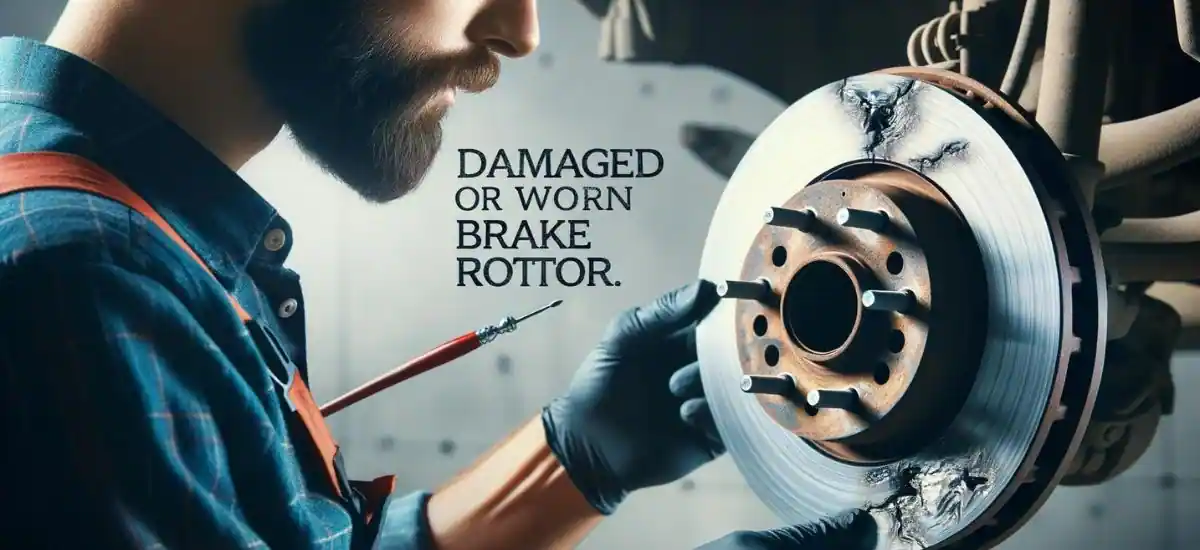
The brake rotors play a crucial role in the braking system, and when they start to wear down or get damaged, it can result in noises during braking.
This is often characterized by a grinding or rumbling noise, different from the screeching sound of worn brake pads. If left unaddressed, it can pose a serious risk to the vehicle.
3. Cheap Or Low-Quality Brake Pads
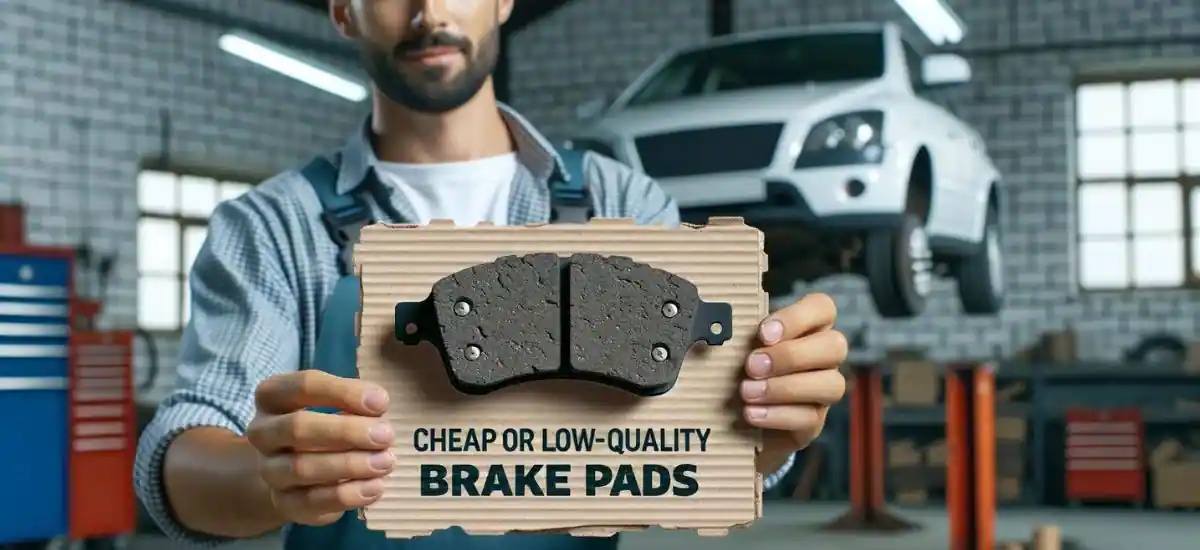
Sometimes, the issue might not be with worn-out parts but with the quality of the brake pads themselves. Cheap or low-quality brake pads can start to make noise soon after installation, leading to annoying squeaking sounds during braking.
4. Dirt Or Debris Stuck Between Rotor And Pad
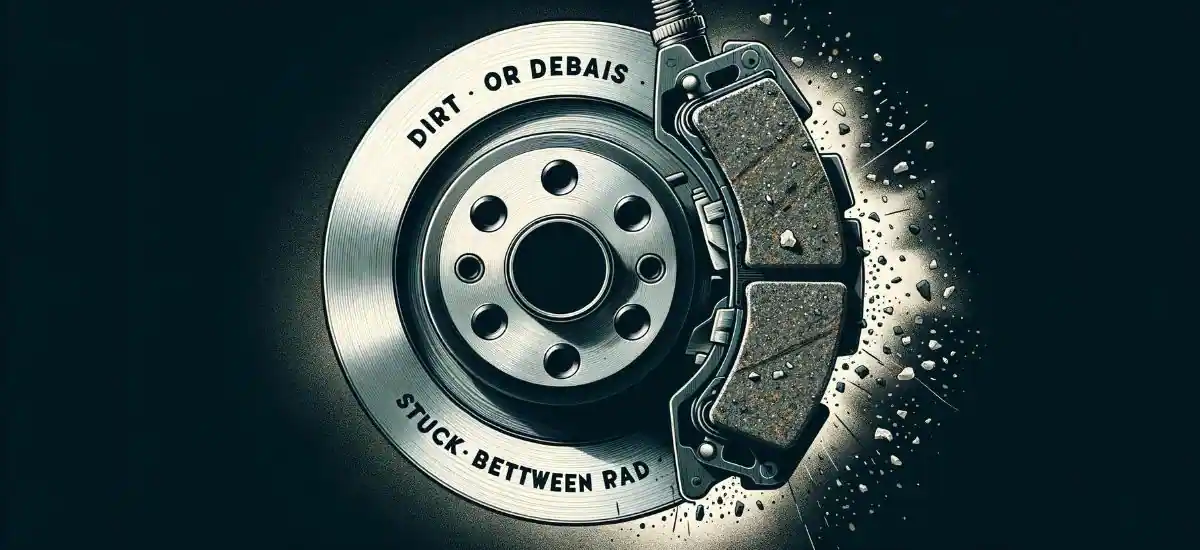
Dirt, debris, or small rocks can sometimes get lodged between the brake pad and the rotor, causing a grinding sound during braking. This is more common if you live in an area with a lot of dust or small debris on the road.
5. Car Parked For Too Long
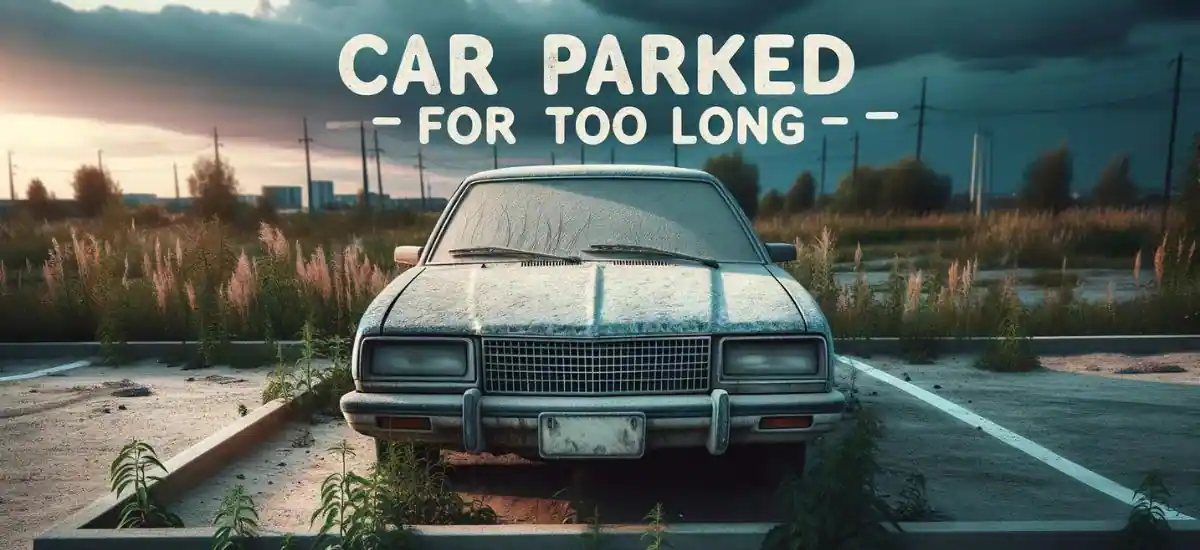
Leaving your car parked for extended periods, especially in wet or moist conditions, can lead to rust forming on the brake rotors. This rust can cause a squealing noise when you start driving and apply the brakes.
6. Broken Shims

Brake pad shims are designed to prevent vibration and noise, but if they are damaged or removed, it can lead to increased noise during braking.
How Can You Fix Car Noise When Braking At A Low Speed?
Step 1: Conduct A Preliminary Assessment
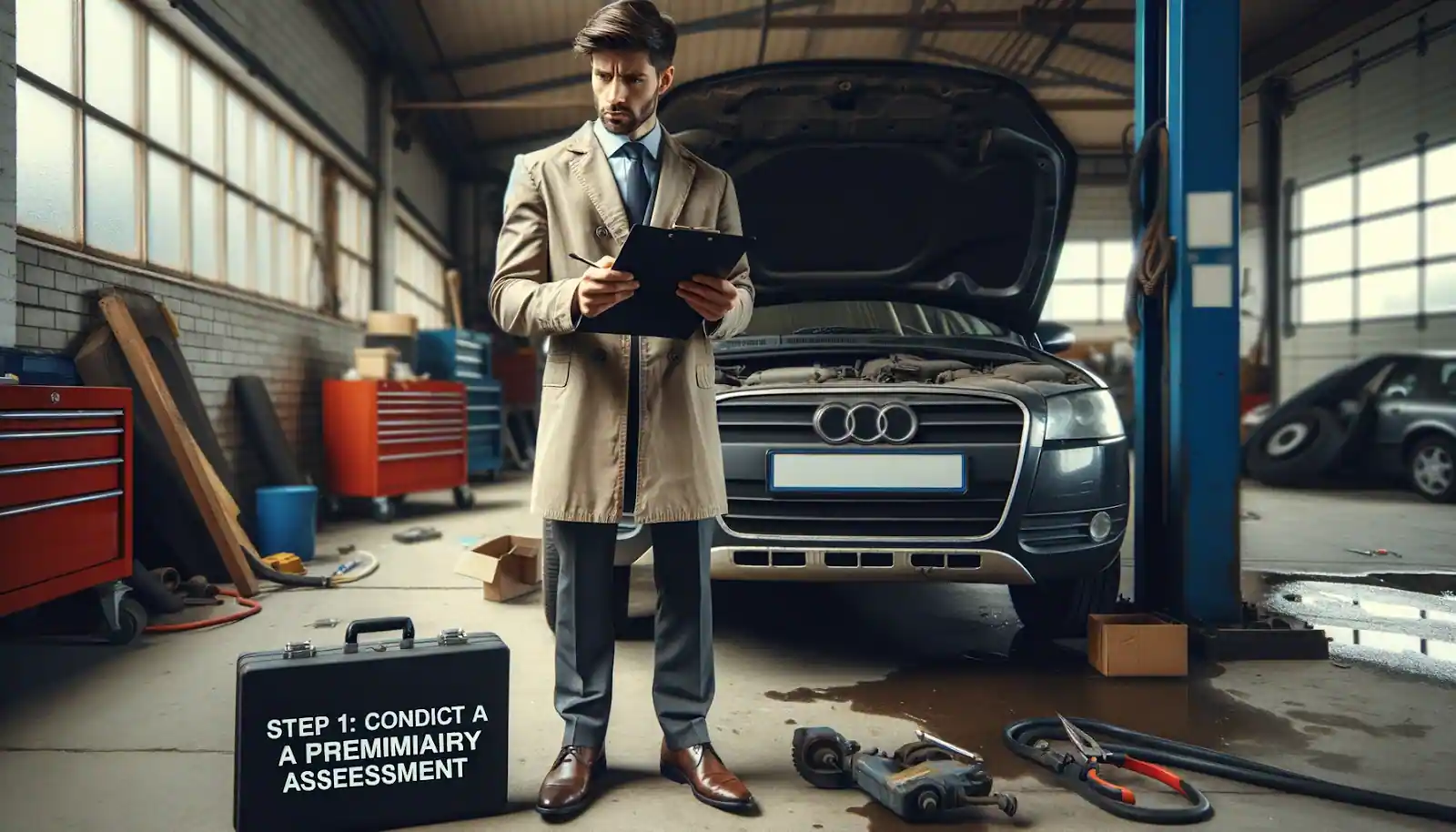
- Listen Carefully: Pay attention to the type of noise you’re hearing. Is it a squeaking, grinding, or rumbling sound?
- Note the Conditions: Observe when the noise occurs. Does it happen consistently, or only under specific conditions like after rainfall or during cold mornings?
Step 2: Perform A Visual Inspection
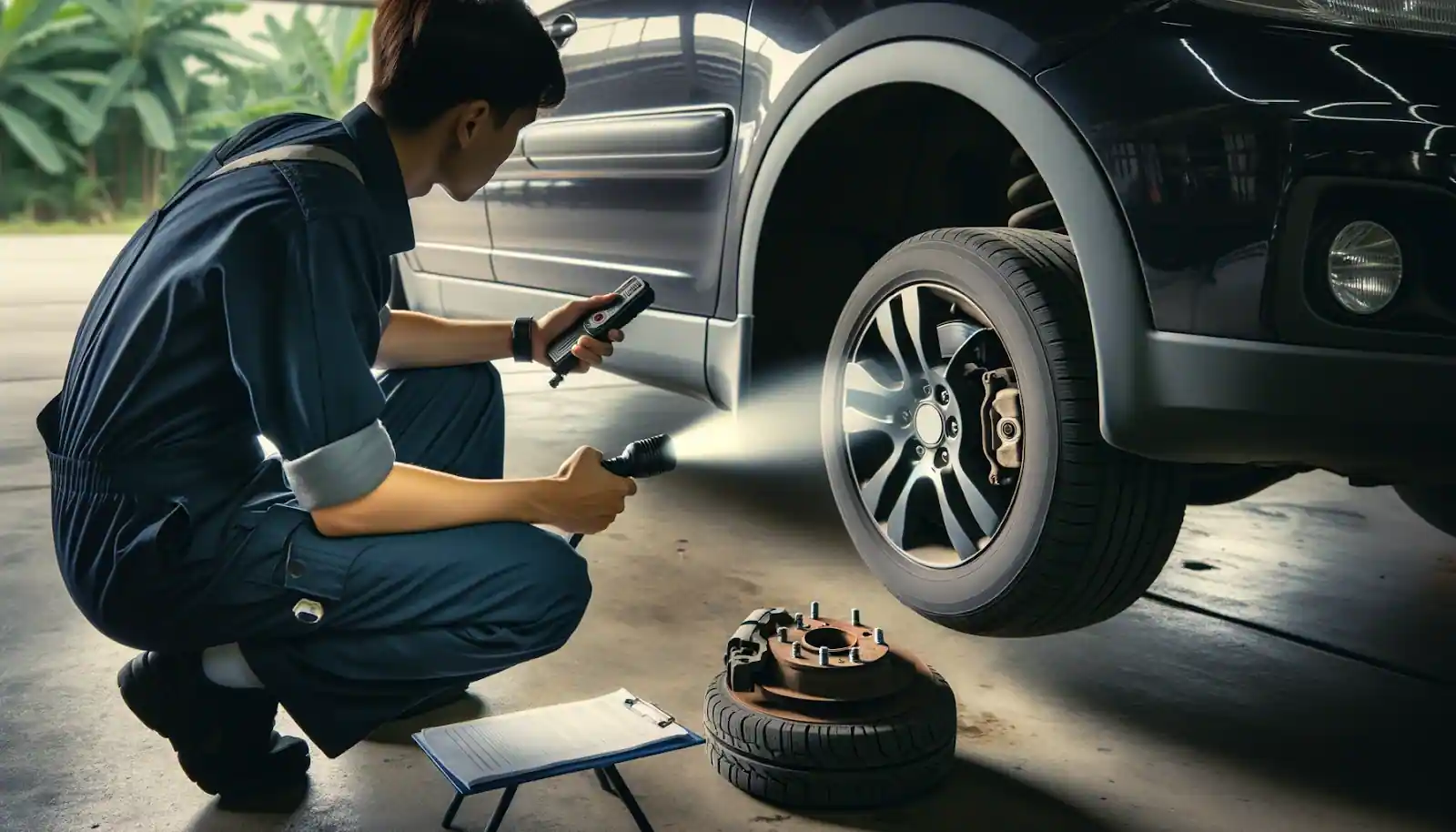
- Check the Brake Pads: Look at the thickness of your brake pads. If they appear to be less than 1/4 inch thick, they need to be replaced.
- Inspect the Brake Rotors: Look for signs of wear, grooves, or rough spots on the rotors. If they appear damaged, they may need to be resurfaced or replaced.
- Look for Debris: Check for any visible debris or foreign objects lodged in the braking system.
Step 3: Clean The Braking Components
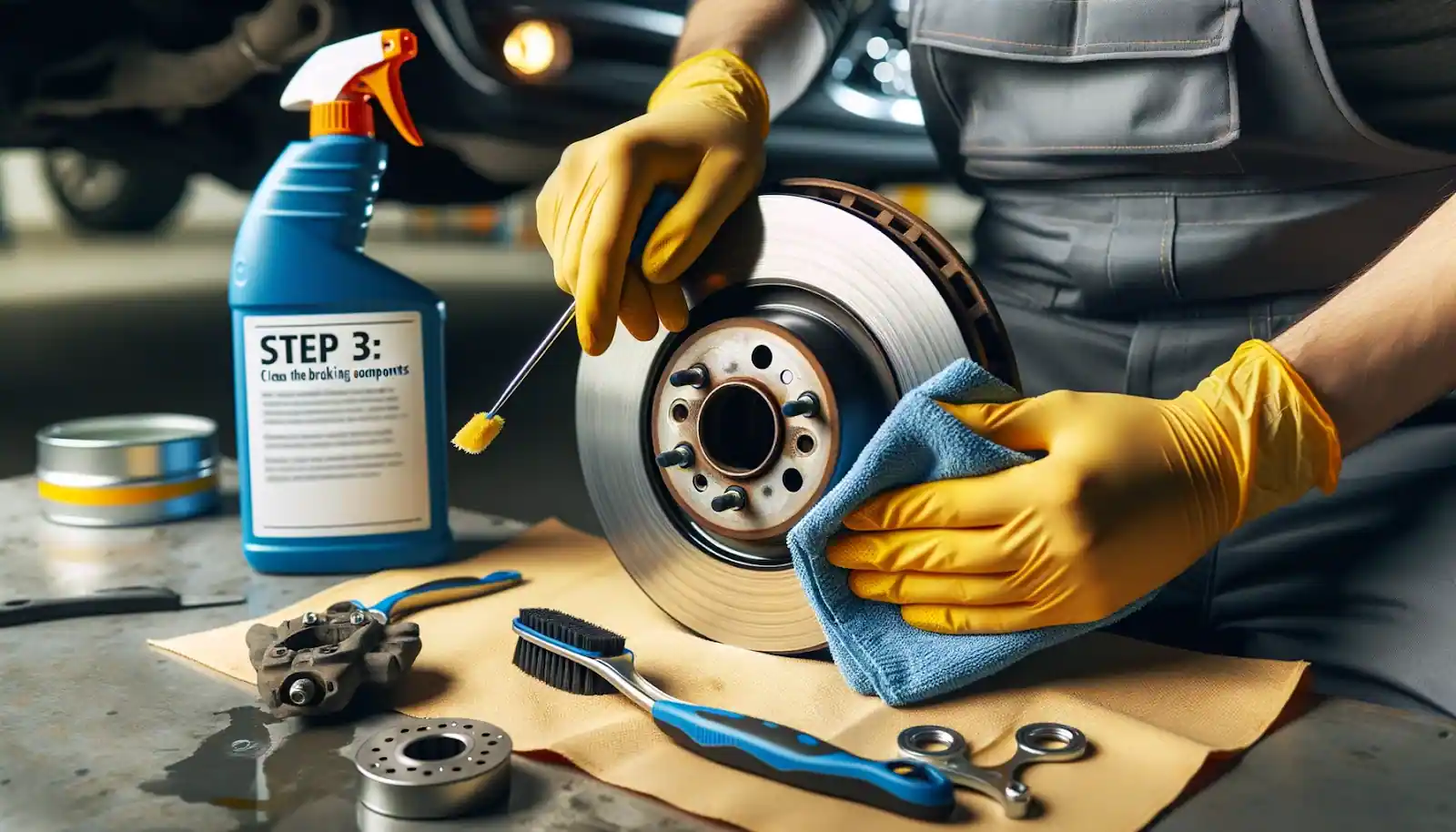
- Remove Debris: If you found any debris during your inspection, carefully remove it.
- Clean the Brake Pads and Rotors: Use a brake cleaner to clean the brake pads and rotors, removing any dust or residue that could be causing noise.
Step 4: Check And Replace Worn Components
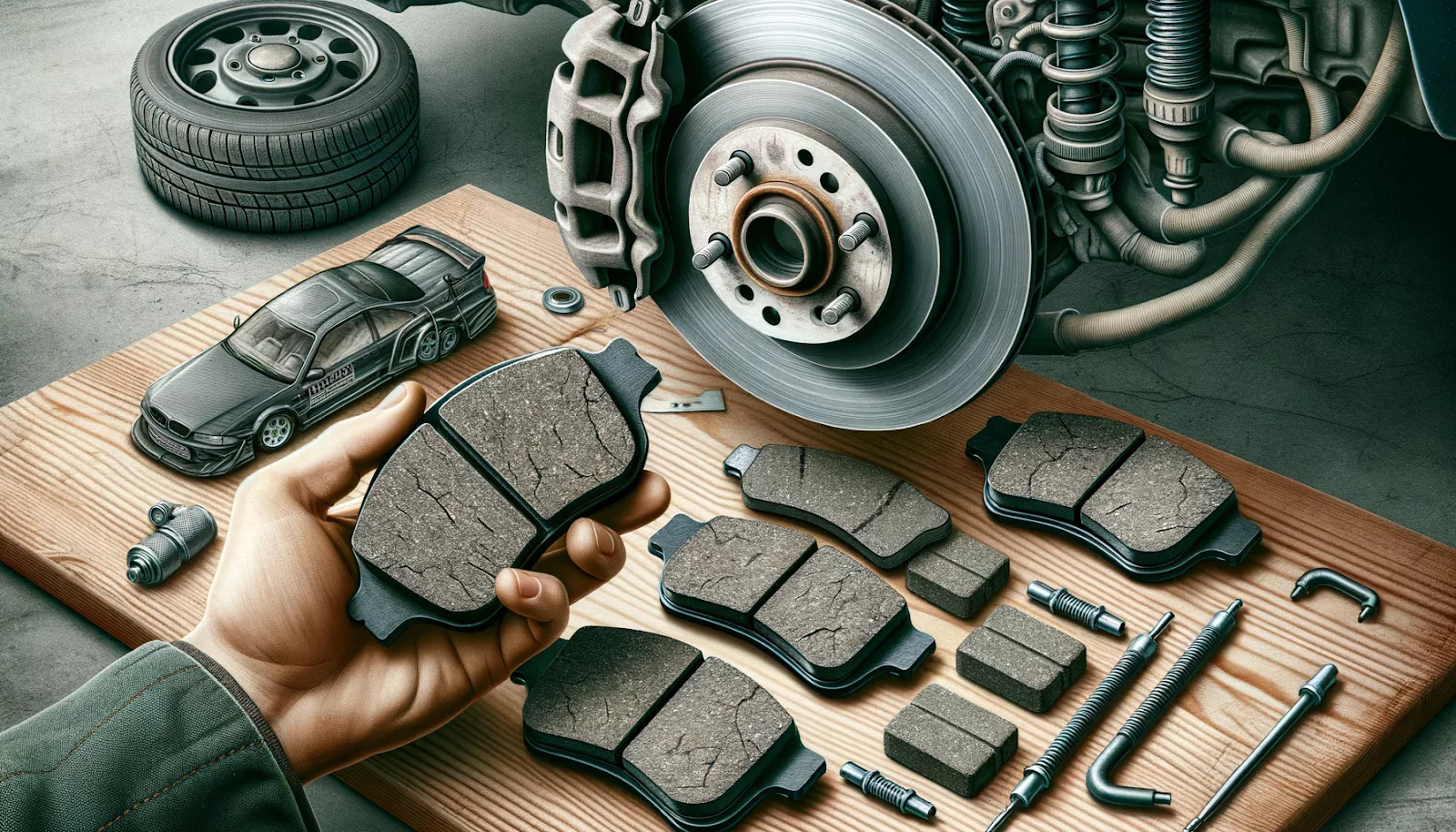
- Replace Worn Brake Pads: If your brake pads are worn out, replace them with new, high-quality pads.
- Address Rotor Issues: If the rotors are damaged, have them resurfaced or replaced as needed.
- Inspect the Brake Shims: Make sure the brake shims are in good condition and replace them if necessary.
Step 5: Lubricate Moving Parts
- Apply Brake Grease: Apply brake grease to the back of the brake pads and other moving parts to reduce vibration and noise.
Step 6: Test Drive
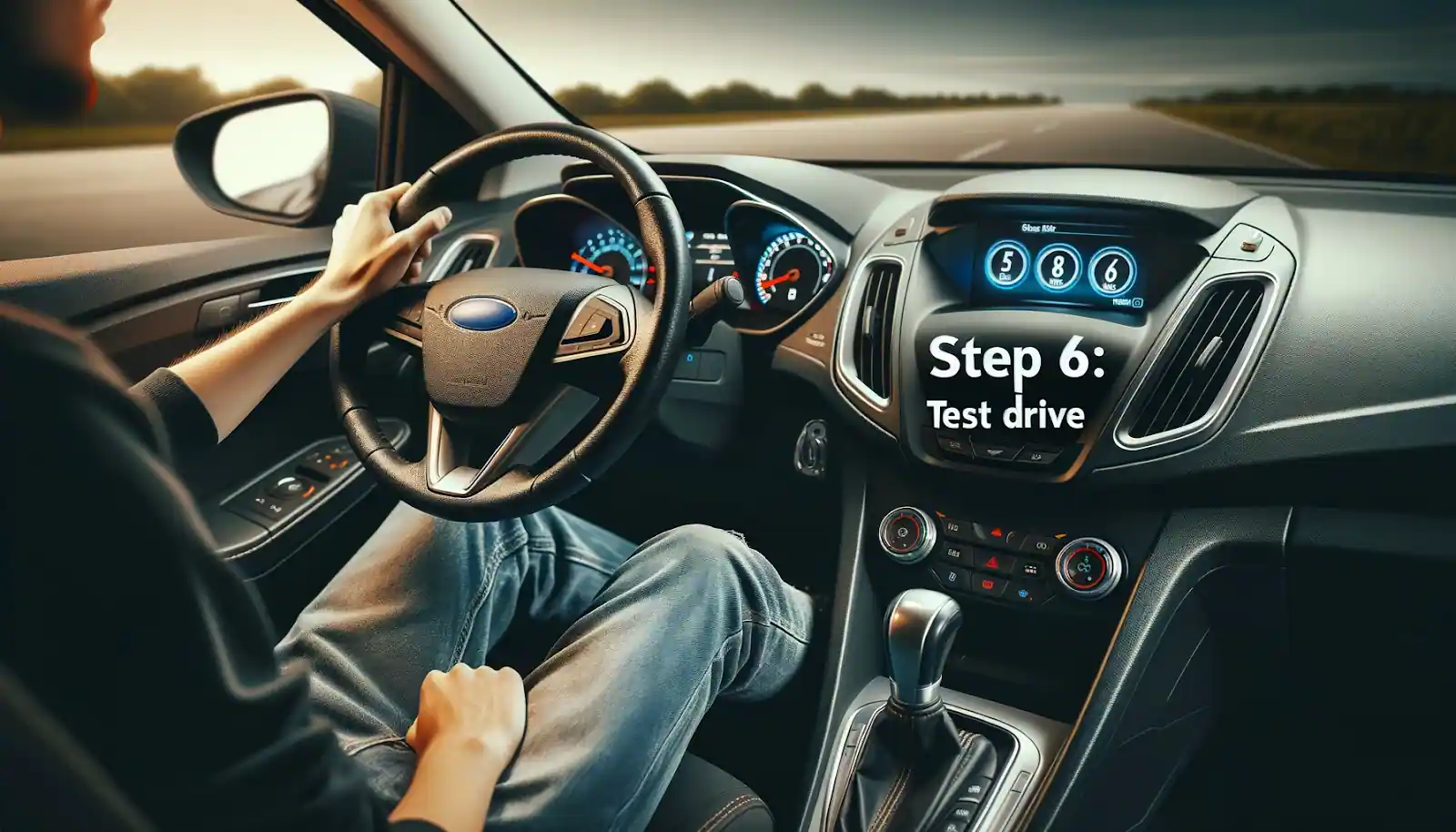
- Take a Test Drive: After performing the repairs, take your car for a test drive to ensure that the noise has been resolved.
- Listen for Remaining Noises: Pay attention to any remaining noises and note if there are any improvements.
Step 7: Seek Professional Help If Needed

- Consult a Mechanic: If the noise persists despite your efforts, it’s best to consult a professional mechanic for a thorough inspection and diagnosis. This is especially important if you notice any issues with ACC FCW Limited Functionality, as it could indicate a problem with your vehicle’s advanced driver-assistance systems.
Frequently Asked Questions
Q1. Can I still drive my car if it’s making a noise when braking at low speeds?
Ans: While it might be tempting to keep driving, it’s crucial to address any braking noise as soon as possible. These sounds are often warning signs of worn-out or damaged components, and driving without resolving the issue could lead to decreased braking efficiency and potential safety hazards.
Q2. How often should I replace my brake pads?
Ans: The lifespan of brake pads can vary based on driving habits, environment, and the type of brake pads used. On average, brake pads may need to be replaced every 30,000 to 70,000 miles. However, it’s best to consult your vehicle’s manual and have regular brake inspections to ensure they are in good condition.
Q3. Is it expensive to fix brake noise issues?
Ans: The cost can vary widely depending on the issue. Replacing brake pads or cleaning out debris can be relatively inexpensive, while more severe issues like replacing brake rotors or other components can be more costly. Regular maintenance can help prevent these issues and save money in the long run.

